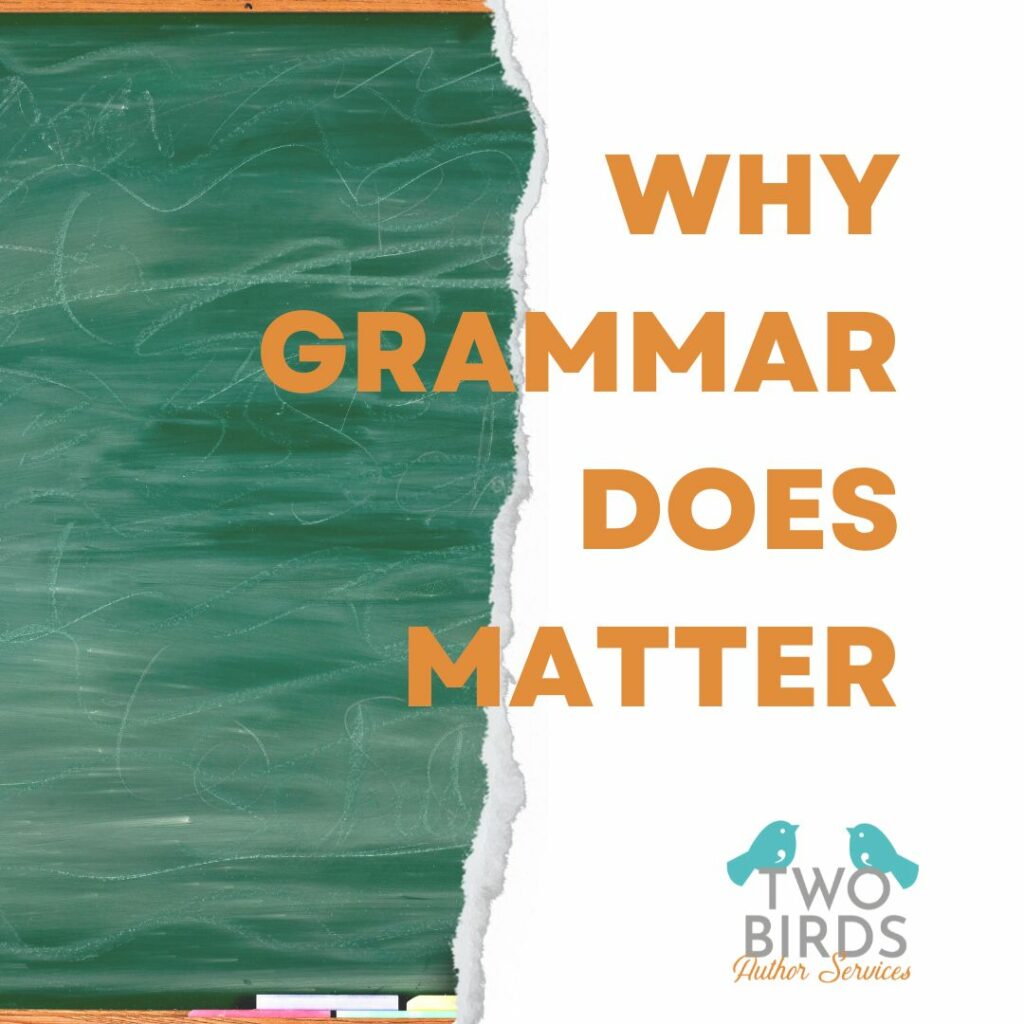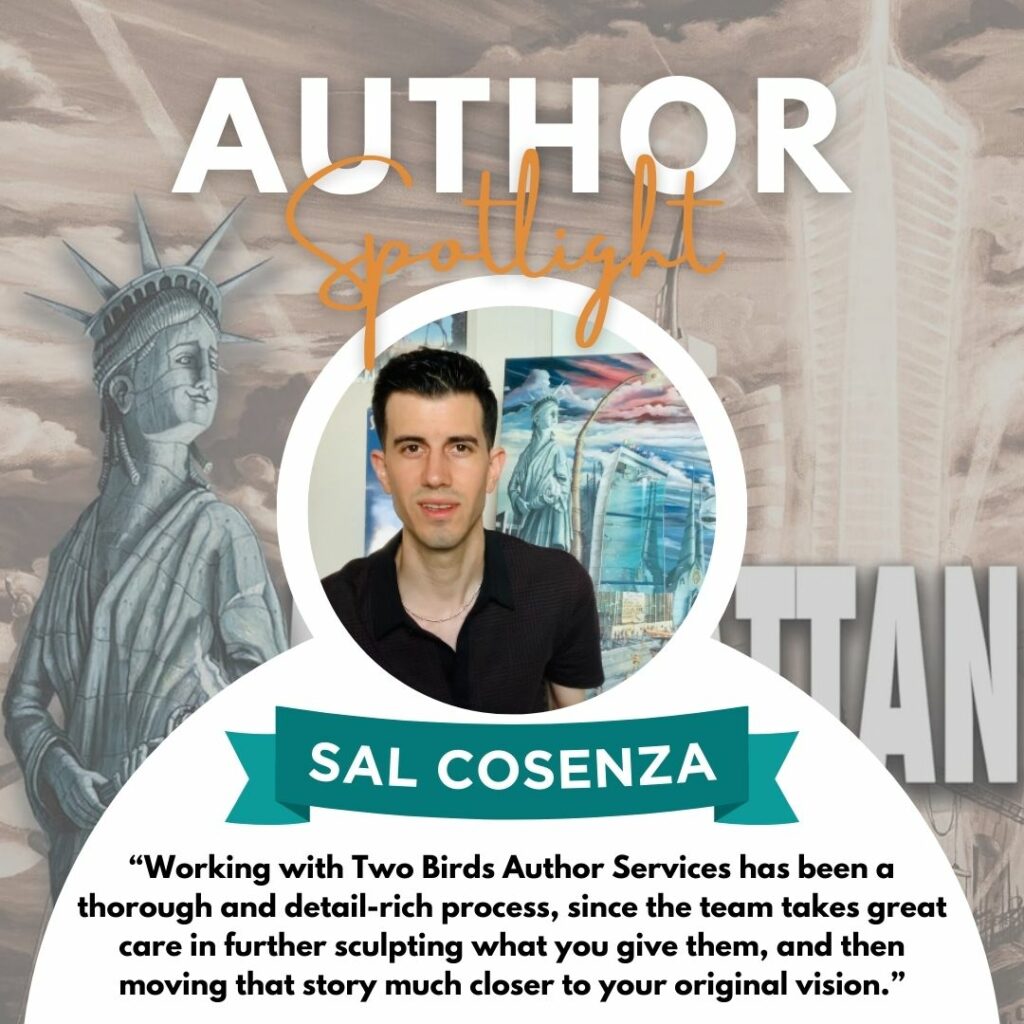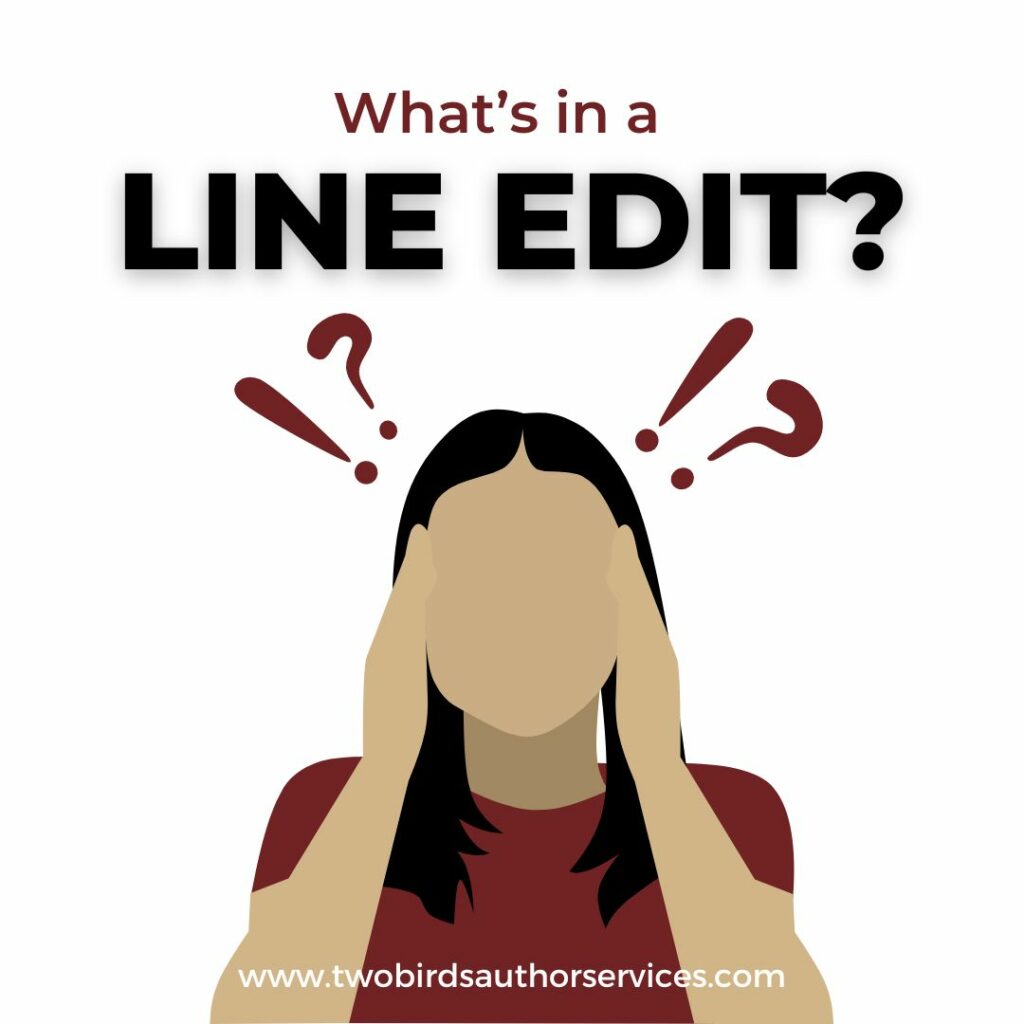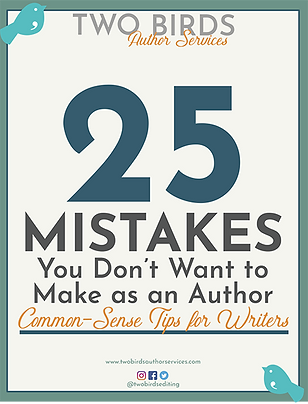Why Grammar Matters for Your Book
n

This March 4, English teachers and Oxford comma fans are going to be flocking to social media to celebrate the greatest day of the year, and one all authors love: Grammar Day! Ok, there probably won’t be flocks of talk about this, but it does let us address one of the big elephants in the room when it comes to preparing your book for publishing:
nn
What do you do about grammar…especially if you don’t naturally gravitate toward putting all those commas in the right places?
nn
Here’s the deal… National Grammar Day was founded by educator Martha Brockenbrough, who has said that her motivation was to make learning grammar more positive and appealing for her students. And if you’ve ever tried to teach grammar, or if you have flashbacks to diagramming sentences in elementary school, you know that’s not necessarily an easy task. Some of us love the complexities of whether an ellipsis (those are the trail-off dots which follow here…) should be followed by a period at the end of a sentence.
nn
But not all of us love it, and we get that.
nn
Believe us, this is one of the things you hire editors and proofreaders (like us) to handle. And there’s no shame in knowing you need to learn some of these things, as well as hiring someone to help you with the work of proofreading your book and making it grammar-clean.
n
So, Why Care about Grammar?
n
The simple fact is that writers tell stories because they love stories. Not necessarily because they love commas. But the elements of grammar (as well as spelling, correct word usage, and punctuation) are important for helping readers make it through your stories smoothly.
nn
Grammar, in other words, may seem like nitty-gritty, but it’s as vital as all the elements that make it possible for you to safely drive your car. Those curbs, crosswalks, stop signs, yields, traffic lights, and even smooth asphalt with no potholes? Yeah, they ensure you get where you’re driving without getting in an accident. Take these things away, and you might crash, get a flat tire, or find yourself detoured.
nn
So it is with books. When readers have smooth sailing through proper spelling, well-written sentences, the right word choices, and such, it’s easier for them to truck along without being distracted. Those readers end up happier with your book. They may even turn into loyal fans who buy every single one of your books.
nn
Why alienate them by overlooking grammar and other writing mechanics? You don’t really want them to feel like their driving over rough, uneven pavement, bouncing around in their seat and feeling frustrated with you, do you? We think not!
n
A Few of Our Favorite Grammar Tips
n
To help you do a little self-editing when you need to, we’ve dropped in here a few of the most common questions we hear from writers:
nn
Can you use an exclamation point at the end of a forceful question? Or a combination mark like an exclamation point and a question mark?!nnThings like this are style choices. Imagine your character is angrily yelling:
nn
“How the hell should I know!”
nn
You can use either a question mark or an exclamation point. It won’t hurt to use the question mark in this case, because the tone of the words make it clear that’s a forceful comment.nnAs for the dreaded combo mark —?! or !? — we’re not fans. It’s not necessary, especially if the tone of the line is clear. And it can look like a typo that will distract some readers, so we recommend avoiding it.
nn
Can I use a semicolon here? Do I ever have to use semicolons?
nn
Honestly, this one can sometimes be a bit of a style choice too. The basic rule with anything fiction-wise is that you should keep things as simple as possible. If you can use a straightforward comma instead of a semicolon, we’d recommend that. Semicolons can trip up readers, and they can also be hard to use properly.
nn
But if you want to use semicolons, remember these tips:
n
- n
- Semicolons can be used to separate two complete sentences instead of a period. nnCORRECT: Jane went to the store; she saw Donna there.nINCORRECT: Jane went to the store; and saw Donna there.nn
- Semicolons separate items in a list only if the items themselves contain commas.n
CORRECT: I wanted a dog, because I like dogs; a cat, because they’re cute; and a weasel, because I’m unusual like that.
n
INCORRECT: I wanted a dog; a cat; and a weasel.
n
n
- n
- Semicolons are typically avoided in dialogue. If your characters are speaking, find other ways to get your point across that don’t require special punctuation.nn
n
When should you use past perfect tense (I had gone, she had listened), and when should you use simple past tense (I went, she listened)?
nn
Ooh, this is based on context! If your story is written in past tense, it’s best to use simple past tense as much as you can. If you need to then refer to something that happened before the main action is taking place (such as the adult character’s troubled childhood), start telling that part of the story in past perfect…
nn
Linda went to the store, but as soon as she noticed the Cap’n Crunch boxes, she gripped her purse tightly. When she was five, her mother had told her that Cap’n Crunch murdered people. It had been her crazy mom’s sad attempt to keep her kids from eating sugar, but it had traumatized Linda. After that day, she never went down the cereal aisle willingly and even started eating only cheese, crackers, and eggs for breakfast so as to avoid cereal for life. It was difficult, and she’d had a hard time explaining the habit to her husband the day after the wedding. But now the grocery store was putting Cap’n Crunch on the end caps, and it was making her feel insane…
nn
The general rule here is that you should use past perfect only as much as you need to in order to create that “past before the present” feel, and then switch back into simple past again. In the case of the crazy “cereal killer” setup I’ve written above (sorry about that!), you can see there are actually three time periods represented in that one paragraph:
n
- n
- The present of the story, with Linda as an adult at the grocery store
- Linda as a kid being told to beware of Cap’n Crunch
- Linda as an adult on her wedding night, which happens after the kid moment, but before the current grocery store visit
n
n
n
n
Yeah, it gets complicated. That’s why it helps to have a pro proofreader handle these issues for you when you have questions.
n
A Few of Our Favorite Resources
n
Got more questions like these? We have some books we recommend for staying on top of where to put those quotation marks, exclamation points, em dashes and commas:
nn
The Blue Book of Grammar and Punctuation
n
The Wordwatcher’s Guide to Good Grammar & Word Usage
n
nn
You can always visit our Resources page for more suggestions on great reads that will help you level up your writing game.
nn
And remember, we’re here to help you with these nitty-gritty details so you can concentrate on writing the books of your dreams. Hit us up anytime you need us to proofread and help you wrangle all the elements of grammar, punctuation, spelling, and more.
nnn
Have questions about the editing process? We’d love to chat with you and help you figure out your next steps. Contact us to set up a free sample edit.
nnn
Sign up to receive our monthly newsletter, full of more helpful info and special deals!
n




